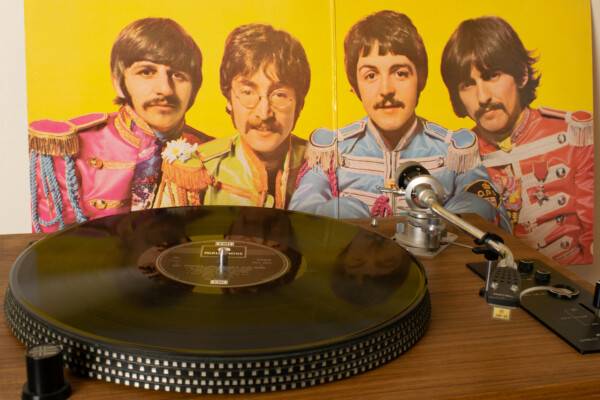
(Credit: Prostock-studio/Shutterstock)
CHICAGO — Choosing to become a parent could end up shortening a man's life. A groundbreaking new study reveals that fatherhood may take an alarming toll on men's heart health as they get older. Researchers from Northwestern University and Ann & Robert H. Lurie Children’s Hospital of Chicago found that cardiovascular health tended to be worse for fathers compared to men without kids.
The findings, in a nutshell:
The research, published in the journal AJPM Focus, found that as men age into older adulthood, those who have children tend to have worse cardiovascular health compared to their childless peers. This was determined by looking at factors like diet, exercise, smoking, weight, blood pressure, and blood lipid/glucose levels.
The researchers theorize that the added responsibilities and stresses that come with parenthood make it more challenging for fathers to maintain a healthy lifestyle through habits like exercising regularly and eating nutritious food. Simply put, having kids can stretch a man's time and resources thin.
However, the study also uncovered an intriguing paradox — despite having poorer cardiovascular health, fathers actually had lower rates of death from any cause compared to men without children. One potential explanation is that fathers benefit from stronger social support systems and having future caretakers in the form of their adult children down the road.
There were also some striking differences across racial and ethnic groups. Black fathers defied the overall trend, showing lower death rates than childless Black men. According to the Northwestern team, this suggests fatherhood may somehow be protective for Black men's health, perhaps by motivating them to engage in healthier behaviors.
Unfortunately, young fathers (those under age 25 when they had their first child) had the worst heart health outcomes, with higher death rates too — especially among Black and Hispanic men. The scientists suspect socioeconomic factors like financial instability and lack of benefits make it extremely difficult for younger dads to prioritize self-care.

How did researchers make this discovery?
For this first-of-its-kind, multiethnic study, the researchers analyzed data from 2,814 men ages 45 to 84 who participated in the Multi-Ethnic Study of Atherosclerosis (MESA). The men self-identified as Black, Chinese, Hispanic, or White. Participants were categorized as either fathers (82% of the group) or non-fathers based on whether they listed having children in an interview. The researchers then comprehensively evaluated each man's cardiovascular health using criteria from the American Heart Association's Life's Essential 8 measures (excluding sleep).
By tracking and comparing these cardiovascular health factors between fathers and childless men over time, the researchers could parse through how fatherhood seemed to impact heart health as the men aged into older adulthood. Their robust analysis adjusted for potential conflicting variables and uncovered the striking findings.
What do the researchers say?
“The changes in heart health we found suggest that the added responsibility of childcare and the stress of transitioning to fatherhood may make it difficult for men to maintain a healthy lifestyle, such as a healthy diet and exercise,” says the study's corresponding author, Dr. John James Parker, an internist, pediatrician, and assistant professor of pediatrics and general internal medicine at Northwestern University Feinberg School of Medicine, in a media release. “We really need to study fathers as a unique population and track men’s health outcomes as they become fathers. Cardiovascular health is especially important since the health behaviors and factors are all modifiable.”
“If you’re under 25, you may be less financially stable, your brain may be less mature, and, especially for racial and ethnic minorities, you may have lower-paying jobs with fewer benefits and limited leave policies,” Parker explains. “All of this can make it harder to focus on your health. There are a lot of public health interventions for young mothers, but no one has ever really looked at young fathers in this way.”
“A lot of times we focus on the health of mothers and children, and we don’t even think of fathers, but their health has a major influence on their family,” Parker concludes, noting previous studies that have found higher obesity rates among partners if their spouse was obese. “To improve the health of families, we need to consider the multi-directional relationship among mothers, fathers, other caregivers and children.”










